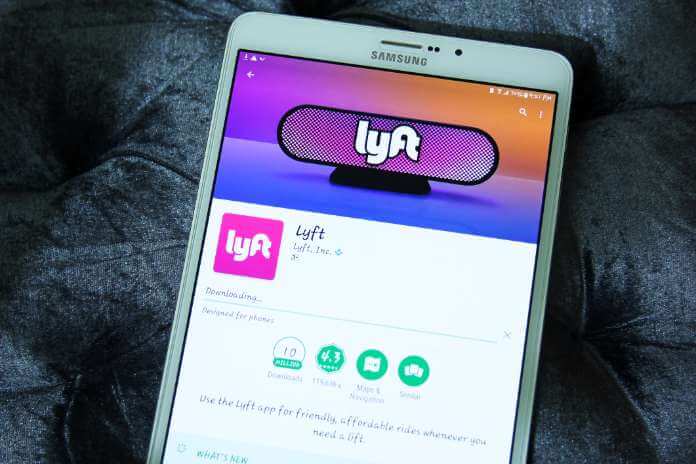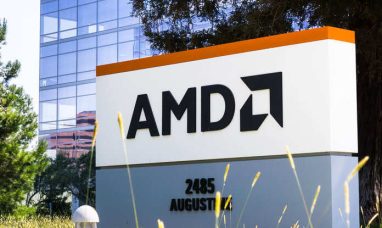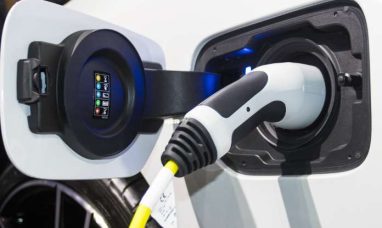On Friday, the Lyft stock forecast was trading lower as an additional analyst pointed out that Uber UBER –5.58% Technologies is becoming an increasingly formidable competitor.
RBC analyst Brad Erickson revised his recommendation on Lyft stock forecast on Friday, moving them from Outperform to Sector Perform. He reduced his price estimate from the former $30 to the current $16.
Effect on Lyft Stock Forecast
His line of thinking is straightforward: the level of competition that Lyft faces from Uber (UBER) has increased, and the company’s long-term profit ambitions constrain its capacity to invest money and raise its market share.
Erickson’s study of 400 trips revealed that, on average, Lyft Inc (NASDAQ:LYFT)‘s pickup times were 10% slower than Uber’s. This is a reversal from the findings of Erickson’s studies conducted in July, March, and October 2021, in which Lyft was shown to be quicker. RBC’s calculations show that there has been just one other case in which Uber’s pickup time has been faster than Lyft’s since both firms went public.
He claimed this “may finally be manifesting in providing UBER a structural ride conversion advantage.” “This could signal that Uber’s greater driver supply rebound…could finally be manifesting in giving UBER a structural ride conversion advantage.”
RBC’s conclusion was questioned by Lyft, who stated that the sample size employed by the company was “extremely tiny.” According to a Lyft official who talked to Barron’s, the firm experienced the most significant number of active drivers in the past two years during the third quarter, which concluded in September.
Despite this, the share price sank 8.6% on Friday, landing at $12.53, while the Nasdaq Composite Index fell 2.6%. The firm provided shareholders with unsatisfactory projections, leading to the share price tumbling by 71% this year. The value of Uber’s shares decreased by 33% so far in 2018.
According to Lyft stock foreacast, the company’s adjusted profits before interest, taxes, depreciation, and amortization for the third quarter would range from $55 million to $65 million. The figure in the middle of the range, which FactSet analysts analyzed, came in lower than the consensus estimate of $61.3 million.
However, Erickson is having trouble meeting the goal of $1 billion in adjusted Ebitda by 2024. Erickson believes that aiming for profitability is a worthy thing to do, yet, he also believes that it has the potential to hinder Lyft’s capacity to increase geographic share in some markets.
Historically, the corporation had a significant presence on the west coast, particularly in Los Angeles; however, Uber continues to surpass its competitors as it makes more cars available. According to the findings of RBC’s study, Uber has been seeing shorter pickup times for the first time since May of last year, which indicates that Lyft stock forecast may face some difficulties shortly.
A little over a week ago, an analyst from UBS named Lloyd Walmsley mentioned that obstacles might come from Uber’s expansion into new markets. Walmsley stated, “Uber not only has the lion’s share of the industry, but its onboarding process is also speedier, and it provides drivers more options to earn money.”















